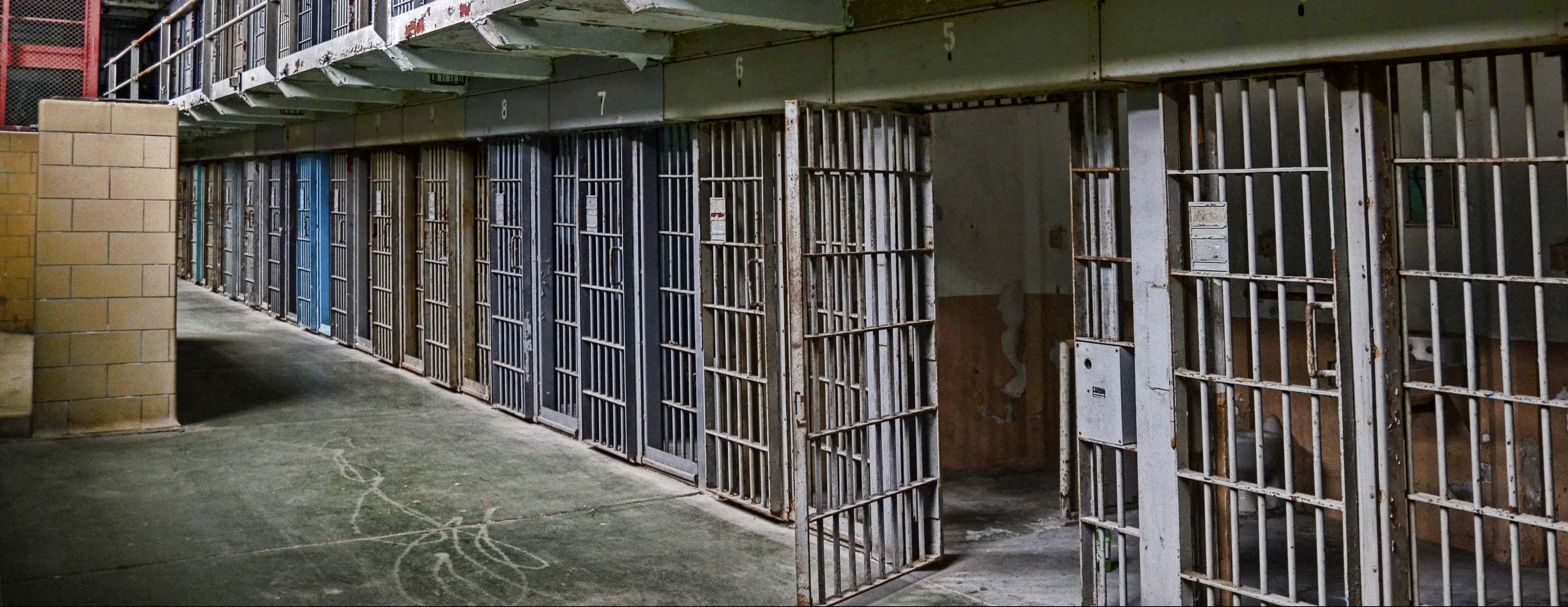
SPRINGFIELD, Ill. (IRN) — A Senate criminal law committee is looking at how changes to the state’s criminal sentencing rules could affect everything from the state’s prison population to public safety in Illinois cities.
The state’s Truth in Sentencing law has been debated since 1998 and it was the center of discussion during a Senate criminal law committee hearing on Tuesday.
The Illinois law requires that nearly all violent offenders serve 85% to 100% of their sentences. Prior to the enactment of the law, offenders served on average 44% of their sentences.
Kathy Saltmarsh, the executive director for the Sentencing Policy Advisory Council, or SPAC, said the law keeps prisoners locked up for years at considerable cost to taxpayers
“The costs are high,” Saltmarsh said. “It’s about a $42,000 to $45,000 cost per year for a year of incarceration.”
More than 38,000 people were incarcerated in Illinois prisons in 2019. In 2013, the state’s prison population stood at 45,000, according to the Illinois State Commission on Criminal Justice and Sentencing Reform.
DuPage County State’s Attorney Robert Berlin asked how lawmakers could put a dollar value on reforms when people are afraid to be in their own homes.
“People for the first time in the community [are] telling me ‘We are afraid. What are you doing to protect us?’” Berlin said.
Berlin said that violent crimes, including home invasion and carjacking, had increased in the past year.
The Illinois Department of Corrections spends roughly $428 million a year, about a third of its annual budget, keeping elderly inmates behind bars, according to a 2011 Chicago Reader article. The article noted that “while keeping a younger inmate behind bars costs taxpayers about $17,000 a year, older inmates cost four times as much.”
Saltmarsh said under the Truth in Sentencing law, inmates don’t get credit for good behavior.
“What we have now is about 45% of our population that is under a Truth in Sentencing restriction, and as that grows, it makes it harder and harder for the department to reward good behavior and move people out early,” Saltmarsh said.
Justin Hood, vice chairman of the Illinois State’s Attorney’s Association, said the law was designed to keep violent criminals off the street.
“Do any of us come into work every day to put someone in prison?” he said. “That is not my goal. My goal is like all state’s attorneys and law enforcement, the goal is to protect the public.”
By KEVIN BESSLER for the Illinois Radio Network
